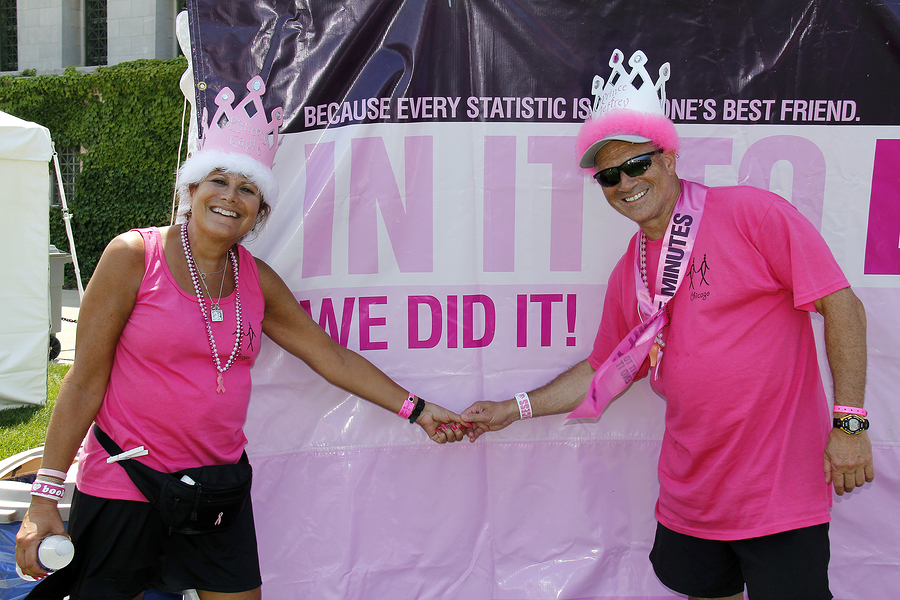October is the month when Bakers Delight whips up a gazillion pink buns and we raise funds for breast cancer research. But could we do more to act on the research we already have?
It tells us that the best way to avoid the disease in the first place and stay clear of it once we’ve had it is to eat healthily, keep active, maintain a healthy weight, not smoke and drink minimal alcohol.
They’re the usual suspects, though I’m sure stress and emotional wellbeing deserve a place in that list too.
There’s such strong evidence for the role of lifestyle in preventing cancer that the London-based World Cancer Research Fund focuses purely on research related to diet, weight and physical activity.
But I wonder whether this gets enough emphasis.
Researchers from the University of Newcastle have investigated the extent to which women with breast cancer make healthy changes to their lifestyle. They followed more than 7000 women aged 50-55 for 15 years. Over that time 153 were diagnosed with breast cancer.
What they found was that women were motivated to, for example, exercise more or eat more fruit around the time of their diagnosis and during treatment. But things tapered off afterwards.
This suggests we might be letting slip a great opportunity to help women make long term changes that would help them avoid not only a recurrence of breast cancer but other chronic diseases as well.
I love the pink theming of breast cancer awareness and the way these events bring people together.
I also appreciate the commitment to raising funds to help cure the disease. That’s made a real difference and Australian women now have about a 90% chance of being alive five years from diagnosis.
So is there a way to channel some of that energy and inspiration towards supporting women to make healthy changes that stick?
Of course, the causes of breast cancer are varied and it’s not as though women who get it are overly different from other women in their behaviour.
But since a ton of research points to the difference that lifestyle can make, it warrants as much focus as we can give it. (We could say the same about every other chronic disease, by the way, it’s just that the breast cancer cause has more enthusiasm and commitment behind it than most.)
No one’s pretending it’d be easy, and not all women would be interested, but on the plus side there are researchers like those at Newcastle Uni who specialise in this area and would likely fall over themselves to contribute.
Breast cancer awareness does a magnificent job of fund raising but if we really want to nip this disease in the bud we need to tackle the things that will help prevent it.
And we don’t need more research to tell us what at least some of those are.
Photo Source: Bigstock

